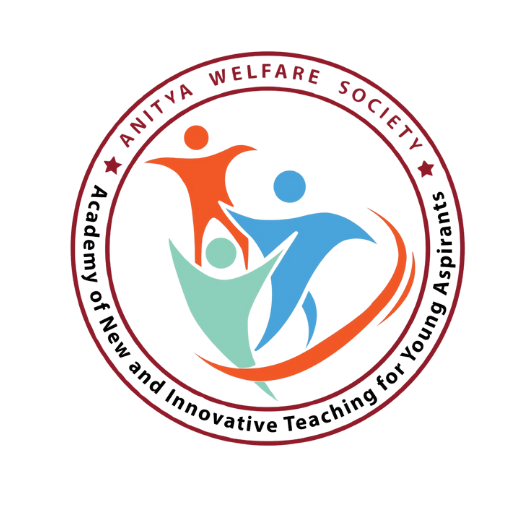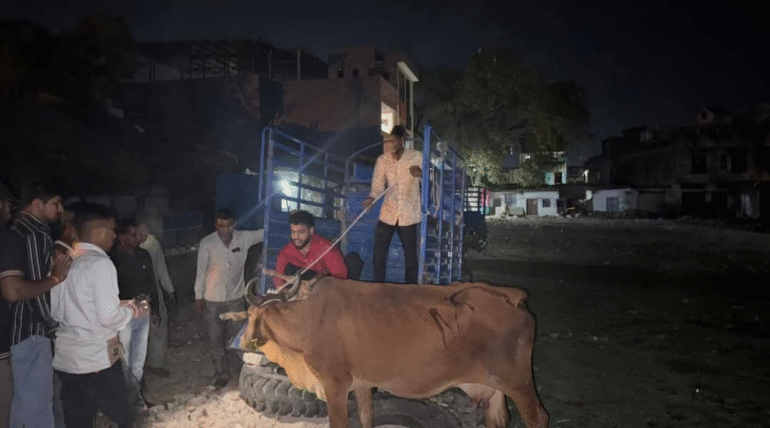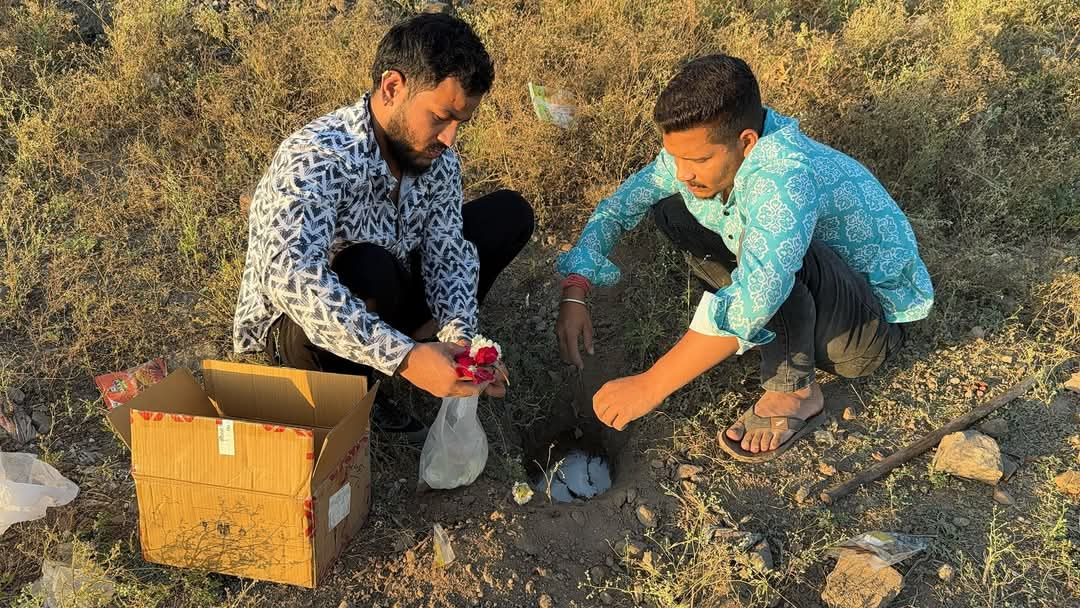In our line of work, stories often begin where others stop looking. This one started with an old, injured cow lying beside a broken wall on the outskirts of Khandwa. Most people walked past her — not out of cruelty, but out of helplessness. She wasn’t aggressive. She wasn’t making noise. She was simply… fading. When we arrived, she couldn’t stand. Her ribs were visible. Plastic wrappers lay near her mouth. What followed wasn’t a rescue — it was a reminder. Service, we realized, is not a grand act. It’s quiet, patient, and deeply personal.
We named her Gauri. Volunteers fed her slowly, washed her wounds, and stayed nearby. A vet treated her infection. For the first few days, she didn’t move. But then, one morning, she looked up. Then she took a few steps. Over the next few weeks, she responded to care — not dramatically, but steadily. Her story wasn’t extraordinary, but it changed the way we saw our work. Gau Sewa Prakalp wasn’t about numbers or donations. It was about being present for a life that couldn’t ask for help but still deserved it.
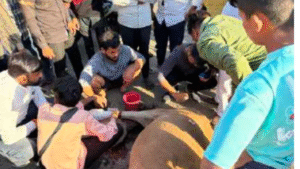
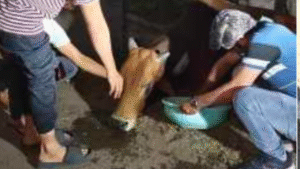
There are hundreds like Gauri across our cities — abandoned after their productive years, left to navigate traffic and trash. Some survive. Some don’t. For those we reach, we offer food, shelter, medical care, and, when needed, respectful final rites. In return, we receive no applause — only the satisfaction that we showed up where it mattered. And that has been our quiet definition of dignity.
- Real service requires stillness and patience.
- Even silent suffering deserves a response.
- Small acts often carry the deepest meaning.
Gauri didn’t teach us with words. She taught us by surviving. By trusting. By walking again. And in that journey, we were reminded that every life — no matter how voiceless — carries weight. All we have to do is care enough to stay beside it.
